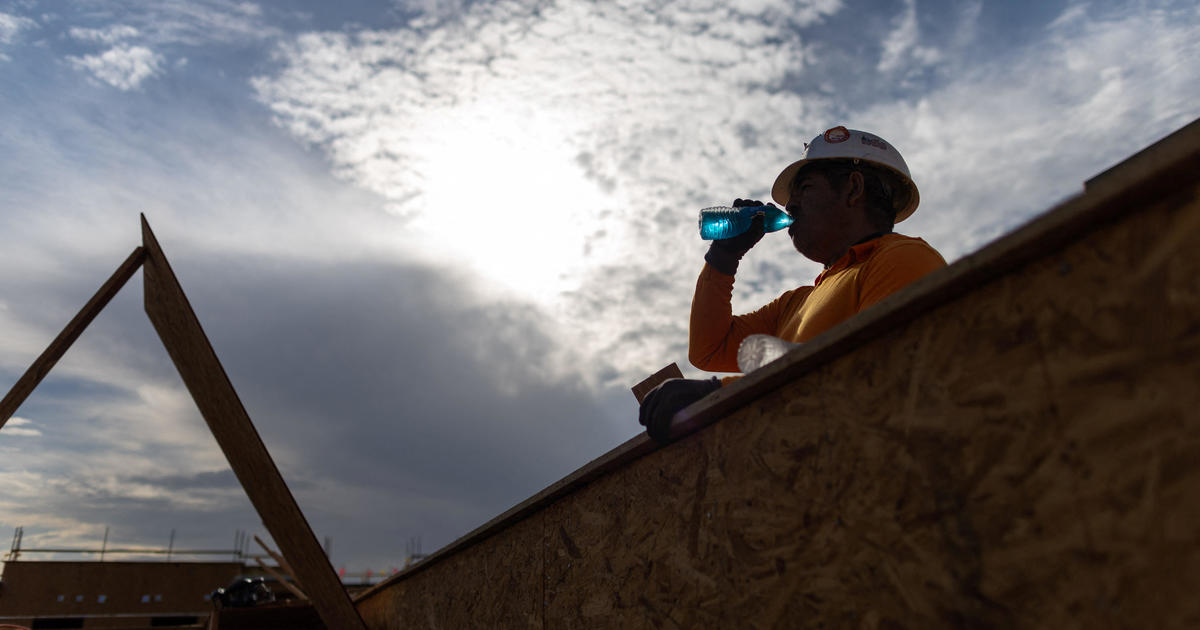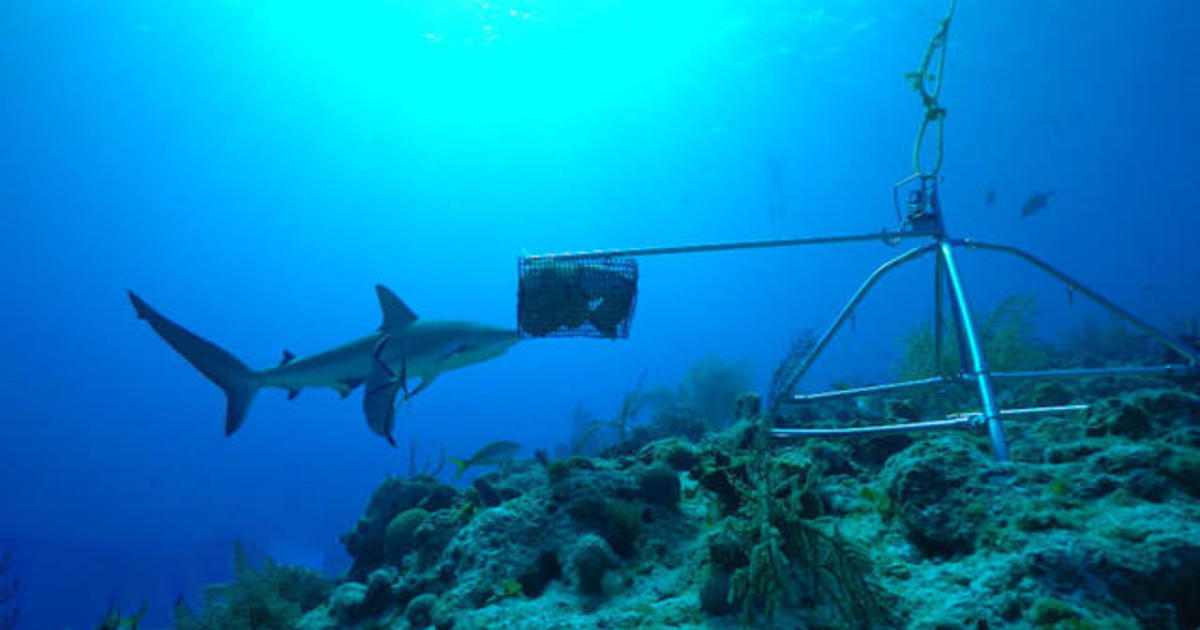Spring blizzard fueled by Arctic warming, climate change
The blizzard pummeling the Upper Midwest and Plain States has already dished out widespread thundersnow, winds gusts close to 70 mph and over 2 feet of snow in spots. On top of that, it's happening in the month of April, just three weeks after the record-breaking bomb cyclone. By any measure these storms are considered extreme, but climate change is making them even more extreme.
The intensity of the storm is being powered by a sharp 60-degree temperature contrast — 80s in the Southeast and 20s in the Dakotas. Strong contrasts are typical for spring as warm and moist air surges north from the Gulf of Mexico and winter cold remains stubborn. But there's an added feature heightening the contrast called "Arctic amplification."
Over the past couple of decades, the Arctic has warmed much faster than of the mid-latitudes, especially in winter. Warming of the globe is being caused by heat trapping greenhouse gases produced by the burning of fossil fuels. In the Arctic this warming effect is enhanced by melting sea ice. Ice typically reflects sunlight, keeping the Arctic cool. But since 1970 Arctic sea ice volume has decreased by 50%. Right now, Arctic sea ice extent is at record low levels.
This lack of ice results in a feedback loop with more heat being absorbed. The past few weeks are a good example of that phenomenon as the Arctic, including Alaska, has experienced record-breaking heat. Warmer-than-normal air stretches from Alaska east through Canada to Greenland. That broad warming has displaced a cold pool of air southward into the U.S. mainland. Consequently, the storm moving across the nation's middle has an excess of warm-cold contrast to feed off of.
In this way it is easy to see a direct link between changing climate, specifically in the Arctic, and extreme weather events elsewhere. What happens in the Arctic does not stay in the Arctic.
"This is a very active area of climate change research," said Sean Sublette, a meteorologist at Climate Central, a non-profit focusing on climate change communication. "There is compelling evidence linking the warming Arctic to changing jet stream patterns in middle latitudes here in the United States. These changes could lead to a slower moving jet stream, which is more susceptible to large southerly dips."
When cold pockets embedded in the jet stream dip further south, they interact with air from the sub-tropics.
"Yesterday's cyclone advected air from the Gulf of Mexico, which was anomalously warm for the season making it more intense. A warmer Gulf is what we would expect from climate change," explained Dr. Andreas Prein, a climate scientist at the National Center for Atmospheric Research in Boulder, Colorado.
Prein says all weather events are affected by climate change because they develop in a warmer and moister climate than in the early 20th century. The degree of affect varies from event to event. But simple physics dictates that as the atmosphere warms it holds more water vapor and drops more precipitation.
This has been especially true in the Upper Midwest where extreme events have dumped close to 40% more precipitation since 1958. This has led to an increase in river flooding.
And the trend is expected to continue into the future. The 2018 U.S. federal government's National Climate Assessment projects that overall precipitation in the Upper Midwest may increase around 20% by late century, with an even greater share falling in extreme weather events.
Since January 1, areas of the Upper Midwest and Plains States have experienced more than two and a half times the normal precipitation. As a result, dozens of river gauges in the area are still registering major or moderate flooding. The extreme storm hitting this week is likely to make the flooding worse in the coming days.
As climate change continues to escalate, the adverse impacts on our everyday lives will grow. Prein stresses more study is needed. "Climate attribution studies have to be conducted to study the exact impact of climate change on these cyclones but events like these might become more frequent and more severe in the future."



